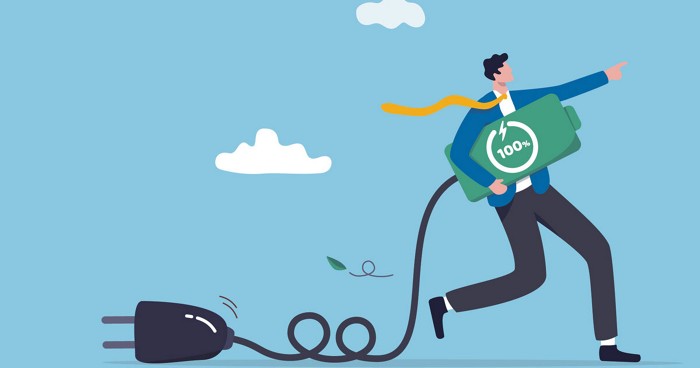Advertisement
Grab your lab coat. Let's get started
Welcome!
Welcome!
Create an account below to get 6 C&EN articles per month, receive newsletters and more - all free.
It seems this is your first time logging in online. Please enter the following information to continue.
As an ACS member you automatically get access to this site. All we need is few more details to create your reading experience.
Not you? Sign in with a different account.
Not you? Sign in with a different account.
ERROR 1
ERROR 1
ERROR 2
ERROR 2
ERROR 2
ERROR 2
ERROR 2
Password and Confirm password must match.
If you have an ACS member number, please enter it here so we can link this account to your membership. (optional)
ERROR 2
ACS values your privacy. By submitting your information, you are gaining access to C&EN and subscribing to our weekly newsletter. We use the information you provide to make your reading experience better, and we will never sell your data to third party members.
Career Tips
Habits to tame your inbox and increase email efficiency
by Brought to you by ACS Careers
June 14, 2024
| A version of this story appeared in
Volume 102, Issue 18

Are emails a fabulous communication invention or a useless time waster? Maybe something in between. More than 300 billion email messages are sent each day—and sometimes it might seem like you get all of them. Fortunately, a few habits can tame your inbox and gain you some time back.
Control your schedule. One of the easiest habits to implement is to check email less frequently. Very few people need, or even expect, a response in less than an hour. So there is no reason to scan your inbox more often than hourly. Schedule regular times to read and respond to emails, and do not deviate. This change will cut down on the number of interruptions in your day and give you bigger blocks of uninterrupted time.
Additionally, turn off notifications and open your email program only during your scheduled email time. This will prevent you from acting on the temptation to just peek, as well as limit distractions that derail your train of thought. If you’re really worried about missing a time-sensitive message, create an automatic reply that provides an alternative method of contact for truly urgent issues.
Minimize your inbox. Once you are checking email less often, the next step is to reduce volume. When you first open your inbox, scan for spam and advertisements that can be immediately deleted. If you’re repeatedly receiving unwanted messages, set aside some time to unsubscribe from those lists. For lists you don’t want to leave completely, set up filtering rules or re-subscribe using a different email address so messages go directly to a holding folder.
Even if only important emails are left in your inbox, you will still reread them every time you open your mail program until they are addressed. Train yourself to do something with each message the first time you touch it. You can move it to a “to do” or “to be read” folder or task list to revisit when you have a few free minutes available—for example, while you’re waiting for an appointment.
Spend less time writing. When you write emails, be as brief as possible but no briefer. Unless you need to go into detail to document a decision or procedure, compose emails that are succinct but include all the information the recipient needs to act. If your email is very brief, send the message as a text instead. Be especially judicious in your use of the Reply all, cc, and especially bcc features—the more people on an email chain, the more replies and the more time spent reading.
If you address certain topics on a regular basis or give the same instructions over and over, create an email template or FAQ, and then just copy and paste instead of re-creating the message every time you are asked the same question.
Search more. Search functions are now so powerful that it no longer makes sense to spend significant amounts of time sorting emails into multilevel hierarchies. Instead, create a small number of folders outside of your inbox, and move messages there.
After these new habits are ingrained and you have control over your email, you might be surprised at how much time you get back. Then you can move on to controlling the flood of information that comes through other channels—which can be done using many of these same tips.
Get involved in the discussion. The ACS Career Tips column is published monthly in C&EN. Send your comments and ideas for topics for future columns to careernavigator@acs.org.





Join the conversation
Contact the reporter
Submit a Letter to the Editor for publication
Engage with us on Twitter